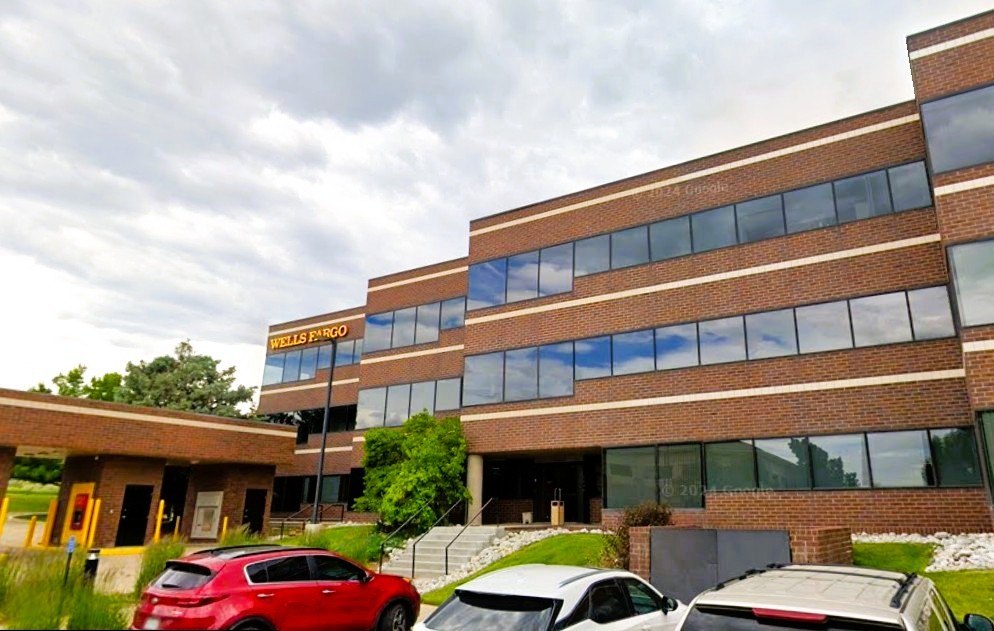P
hillips 66 is set to close two century-old refineries in Wilmington and Carson, paving the way for hundreds of acres of industrial land to be redeveloped. The Houston-based energy company plans to shut down its 659-acre facility by the end of next year, near the Los Angeles and Long Beach ports, as part of a broader shift driven by climate change, electric vehicles, and cleaner air demands. Approximately 600 workers and 300 contractors will lose their jobs.
The refineries, which include a crude-oil processing plant in Carson built in 1923 and a facility in Wilmington built in 1919, are being closed due to inefficiencies and declining profitability. Phillips 66 has hired Catellus Development and Deca Companies to explore future uses for the sites. The company's network of 76-branded gas stations will remain operational.
Industry experts say that new developments on the industrial property would likely be less intensive than oil refining, providing much-needed warehouse and distribution space around the Port of Los Angeles. Real estate broker Mike Condon Jr. notes that the South Bay industrial market has been tight, and this closure will bring in new inventory and capacity.
The closure announcement comes days after Governor Gavin Newsom signed a bill to prevent gas price spikes during refinery outages. Phillips 66 denies that the decision was influenced by the legislation. An asking price for the refineries was not disclosed.














